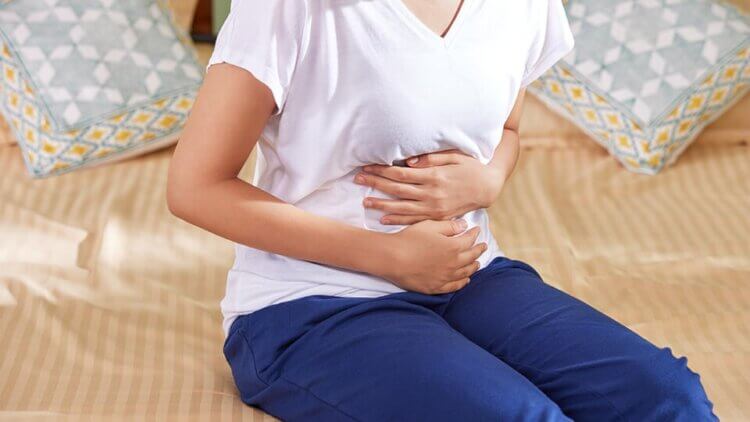During the menstrual cycle, cramps and pain are rather prevalent. During their cycle, more than half of all menstruators endure period pain for one to two days. These cramps typically start at the start of your menstrual period.
You are not the only one who experiences discomfort during the menstrual cycle. Most women have dysmenorrhea, or period pain, to varied degrees at some point in their life. Menstrual cycle cramps, or mild aches and pains in the abdomen, affect most women, especially on the first day of their period. However, only a small percentage of women suffer from menstrual cramps so severe that it disrupts their everyday life.
Explaining the cause of these cramps, Dr Jagriti Varshney, gynaecologist and obstetrician said, “During menstruation, the thickened endometrium–the lining of the uterus sheds away. This is caused by certain hormone-like substances called prostaglandins, which also play a role in uterine contractions, pain and inflammation,” adding that these symptoms cause menstrual cramps.
She went on to say that while every woman going through her period experiences some degree of discomfort, if the sensations are more severe, it could be because of an excess of prostaglandins, which can cause conditions like fibroids, endometriosis, or ovarian cysts.
Here are the dos and don’ts when it comes to using pain killers for period pain, as per Dr Varshney
Painkillers are generally safe to take for cramps, but you should see your gynecologist if the symptoms prevent you from performing your everyday activities. However, nonsteroidal anti-inflammatory medications (NSAIDs) such ibuprofen and mefenamic acid can be used for mild to severe discomfort. NSAIDs aid in preventing prostaglandin synthesis, which causes period cramps. However, there’s a specific amount that needs to be consumed. Mefenamic acid should be taken at a dosage of 250 mg, while ibuprofen should be taken at 200 mg. You can only take one or two tablets in an eight-hour period.
Furthermore, because these NSAIDs might cause stomach problems, specialists recommend only taking them after a complete meal.
Consuming more than the recommended amount might have a number of negative effects. Overuse can exacerbate symptoms of nausea and vomiting, which are already present in premenstrual syndrome (PMS)-affected individuals.
In addition, stomach pain, heartburn, constipation, and elevated blood pressure may result from it. The less well-known hazards of using NSAIDs excessively include bleeding or ulcers in the stomach, kidney, and cardiac issues.
The natural remedies that can replace painkillers are:
- Stay hydrated
- Avoid extra bloating
- Eat anti-inflammatory food such as tomatoes, berries, pineapples, ginger, green leafy vegetables, almonds and walnuts
- Dietary supplements such as vitamin D, E and omega-3 fatty acids
- Apply heat on the lower abdominal area
- Exercise releases endorphins in our bodies which leads to muscle relaxation
Source:IE







 Finance
Finance







